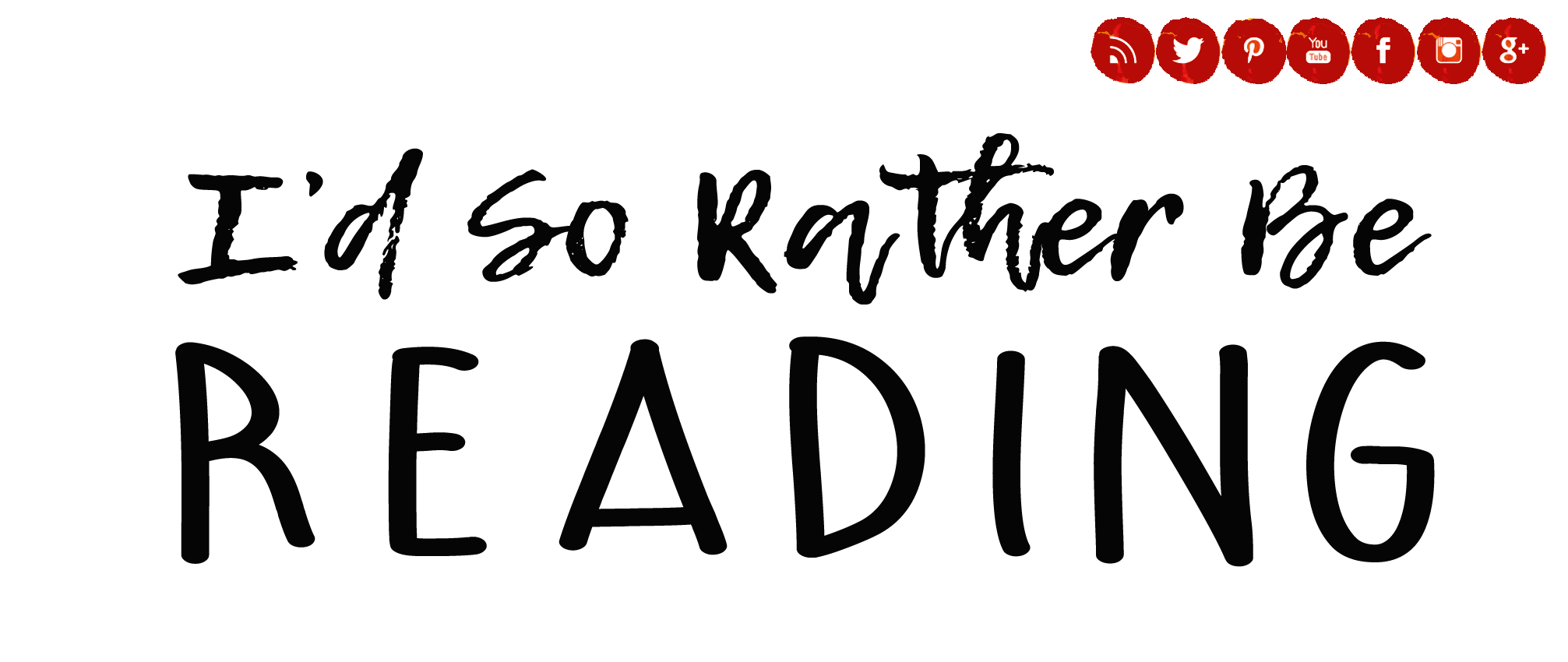Fifteen-year-old Daisy is sent from Manhattan to England to visit her aunt and cousins she’s never met: three boys near her age, and their little sister. Her aunt goes away on business soon after Daisy arrives. The next day bombs go off as London is attacked and occupied by an unnamed enemy.
As power fails, and systems fail, the farm becomes more isolated. Despite the war, it’s a kind of Eden, with no adults in charge and no rules, a place where Daisy’s uncanny bond with her cousins grows into something rare and extraordinary. But the war is everywhere, and Daisy and her cousins must lead each other into a world that is unknown in the scariest, most elemental way.
A riveting and astonishing story.
As power fails, and systems fail, the farm becomes more isolated. Despite the war, it’s a kind of Eden, with no adults in charge and no rules, a place where Daisy’s uncanny bond with her cousins grows into something rare and extraordinary. But the war is everywhere, and Daisy and her cousins must lead each other into a world that is unknown in the scariest, most elemental way.
A riveting and astonishing story.
Release Date:
November 30, 2004
Age Group:
YA
Source:
Review copy from author
Reviewed By: Kelli
Review:
How I Live Now is a unique book. It had the same feel to it as Love in the Time of Global Warming: magical, poetic, and an almost stream-of-consciousness writing style. I liked How I Live Now but I didn't love it.
I liked the story, and the characters. I liked the way Daisy thinks, and the way she rises to the challenge of survival and taking care of Piper throughout the occupation. I liked the love story (even though it was quite risqué) and liked the character growth. Once I got used to it, I even liked the writing style: to put emphasis on Daisy's thoughts, Rosoff capitalizes the first letters of certain phrases. It was different, but I ended up enjoying that aspect of the book.
What I didn't like was how surreal the entire book felt. It felt as though Daisy could wake up at any point and the entire thing could have been a dream. That may have been intentional, but I didn't care for it. There was also an element of magical realism which I didn't like either. Lastly, the explanation for the war was sparse. The reader is kept in the dark along with the characters. The conflict resolution was pretty weak, and I finished the book with a slightly unsatisfied, and unsettled feeling.
I can see why How I Live Now has many supporters and critical acclaim. It is certainly unique and well-written. It's a good book, worth a read, but it wasn't a favorite of mine.
How I Live Now is a unique book. It had the same feel to it as Love in the Time of Global Warming: magical, poetic, and an almost stream-of-consciousness writing style. I liked How I Live Now but I didn't love it.
I liked the story, and the characters. I liked the way Daisy thinks, and the way she rises to the challenge of survival and taking care of Piper throughout the occupation. I liked the love story (even though it was quite risqué) and liked the character growth. Once I got used to it, I even liked the writing style: to put emphasis on Daisy's thoughts, Rosoff capitalizes the first letters of certain phrases. It was different, but I ended up enjoying that aspect of the book.
What I didn't like was how surreal the entire book felt. It felt as though Daisy could wake up at any point and the entire thing could have been a dream. That may have been intentional, but I didn't care for it. There was also an element of magical realism which I didn't like either. Lastly, the explanation for the war was sparse. The reader is kept in the dark along with the characters. The conflict resolution was pretty weak, and I finished the book with a slightly unsatisfied, and unsettled feeling.
I can see why How I Live Now has many supporters and critical acclaim. It is certainly unique and well-written. It's a good book, worth a read, but it wasn't a favorite of mine.




I'm curious what I'd think of the surreal feeling. Sometimes I like that. But it depends on how it's done.
ReplyDelete